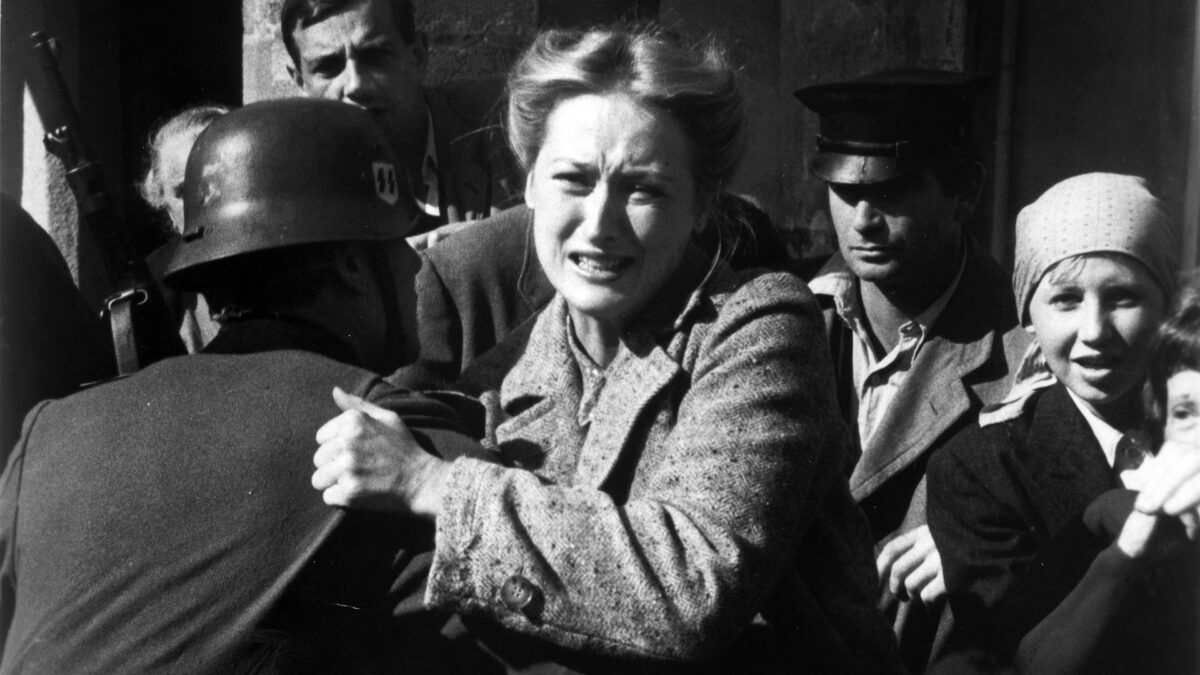For millions of West Germans, it would be an evening like no other. On January 22, 1979, the first episode of Holocaust, a four-part, nine-and-a-half hour American television series, was broadcast. By one estimate, half of all Germans over the age of 14 watched at least one of the episodes.
Holocaust resonated with most viewers, touching off an intense national debate about the 12-year Nazi era and the silence and complicity of ordinary Germans in the mass murder of European Jews.
Postwar German films and TV dramas had grappled with this sensitive issue, but none caused as much of a reaction on public opinion as Holocaust. Indeed, it was a turning point in German perceptions of the Final Solution.
Alice Agnes Kirchner’s 89-minute documentary, How the Holocaust Came To TV, will be screened online on June 1 by the Toronto Jewish Film Festival.
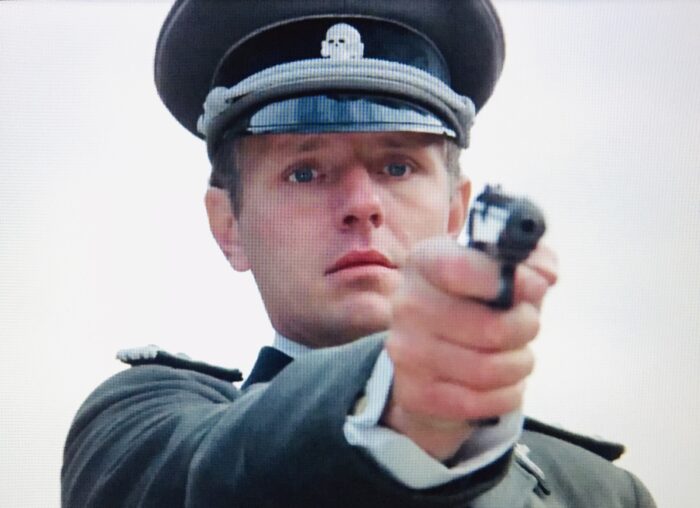
Holocaust, which was also aired in the United States and Canada, was conceived by two American Jews, the director Herbert Brodkin and the writer Gerald Green. “We had no idea it would be so successful,” says its director, Herbert Chomsky.
Filmed in Austria and West Berlin, it was televised by the WDR network in West Germany. When news leaked out of its imminent broadcast, WDR received hundreds of irate letters from Germans tired of being bombarded by accusations of German guilt. This segment of the population subscribed to the belief, held by a minority, that Germans had been the victims of World War II.
Once filming got underway, neo-Nazis attacked communication towers in the hope of preventing the broadcast of Holocaust. Pia Arnold, the series’ production manager, claims that the first day’s footage was deliberately ruined by a lab in Vienna.
Holocaust is basically about two German families whose respective fate is sealed by Adolf Hitler’s appointment as chancellor in 1933. The Weiss family is Jewish and assimilated into German society, but the rise of the Nazi regime upends their lives. The Dorf family, which is Christian, supports the Nazi movement for practical and ideological reasons.
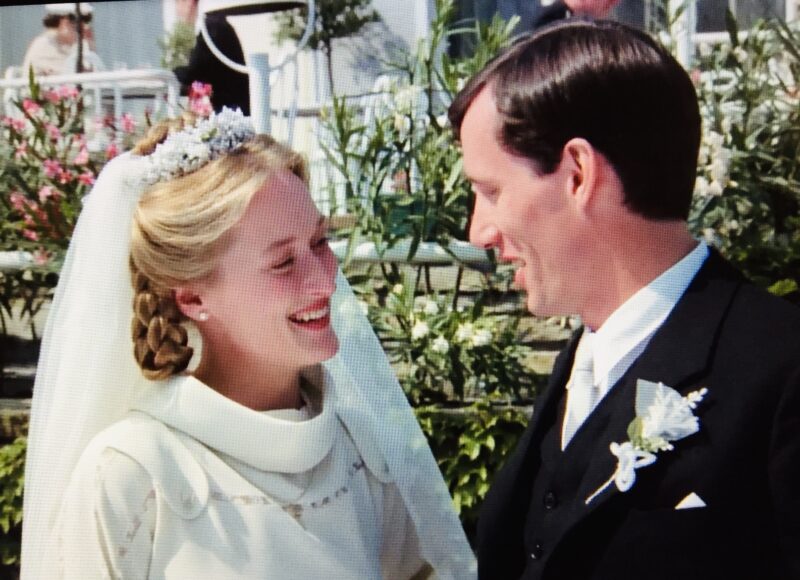
Featuring a largely American cast, Holocaust stars Michael Moriarty as Erik Dorf, a young lawyer who joins the SS police force and becomes involved in the extermination of Jews. Additional performers include Meryl Streep, James Woods, Rosemary Harris and Tovah Feldshuh. Moriarty, Harris and Feldshuh appear in Kirchner’s film and recall memorable moments of the shoot.
Hannah Lessing, who had a minor acting role in Holocaust and who now runs Austria’s restitution program for Jewish survivors, remembers that a gas chamber scene, filmed in the former Mauthausen concentration camp, was difficult for some of the actors.
“It was absolutely shattering,” says the producer, Robert Berger. “It was terrible.”
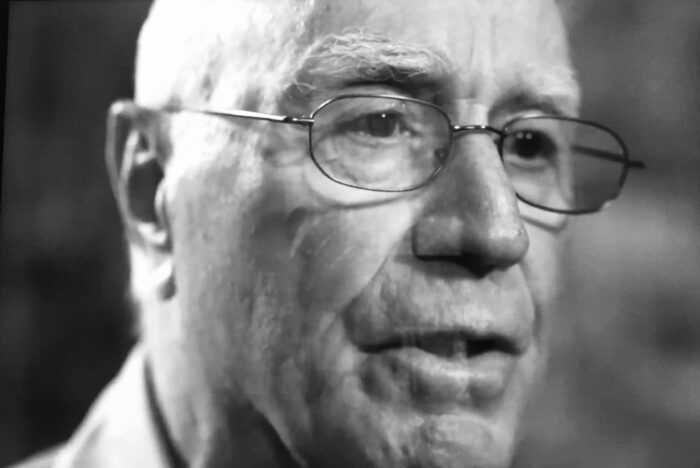
Certainly, Chomsky has not forgotten the toll it exacted on him. “It was a cumulatively an emotionally draining experience,” he says.
Gunter Rohrbach, WDR’s former director of fictional programming, claims that Holocaust was “a massive success,” despite the outrage of a relatively small number of Germans.
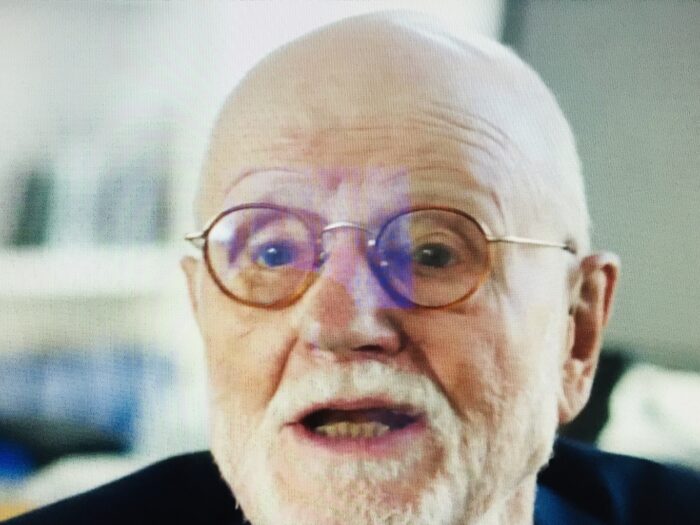
Sixty four percent of viewers said they had been “profoundly shaken.” Twenty two percent said that certain scenes had almost brought them to tears. Forty one percent reported that Holocaust had been a “significant experience.”
“A great many people were moved,” says Edgar Reitz, the creator of Heimat, a highly praised German series released in 1984 that focused on everyday life in Germany during the Nazi interregnum.
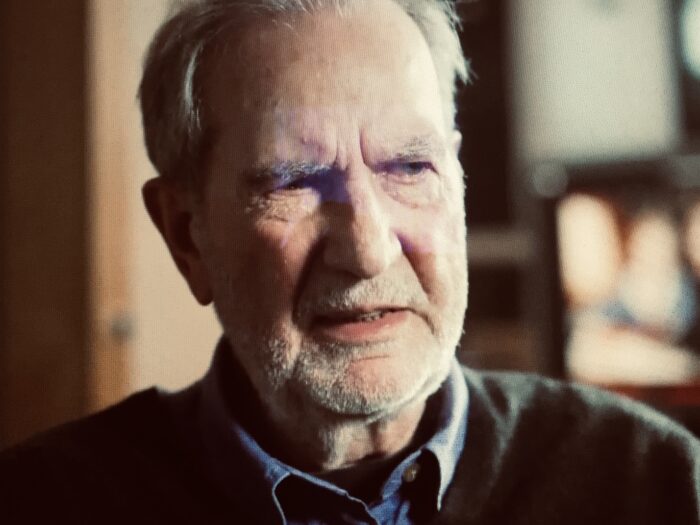
Holocaust attracted a considerable audience in the United States, too, but the novelist and survivor Elie Wiesel dismissed it as a cheap and offensive soap opera. And some American Jews angrily claimed that Holocaust had misrepresented the Jewish victims of the Nazi genocide as docile sheep who went to the slaughter without resisting.
All carping and critiques aside, Holocaust had an enormous effect, sensitizing many Germans to the unparalleled crime against humanity perpetrated by a German government. Nico Hofmann, a German filmmaker who was 19 when Holocaust was originally broadcast, recalls how ashamed he was of his fellow Germans after raptly watching it.
In many schools, Holocaust was used as a teaching tool. History workshops were established in town after town. German Jews who had been forced to emigrate were invited back on special visits. In West Germany’s parliament, the Bundestag, the Statute of Limitations relating to Nazi atrocities was not extended.
In the United States, the impact of Holocaust was such that President Jimmy Carter authorized funding for the construction of the U.S. Holocaust Memorial Museum in Washington, D.C.
Four decades on, Holocaust, its flaws notwithstanding, has been broadcast around the world and seen by more than 700 million people. Its compelling story line still moves audiences.
